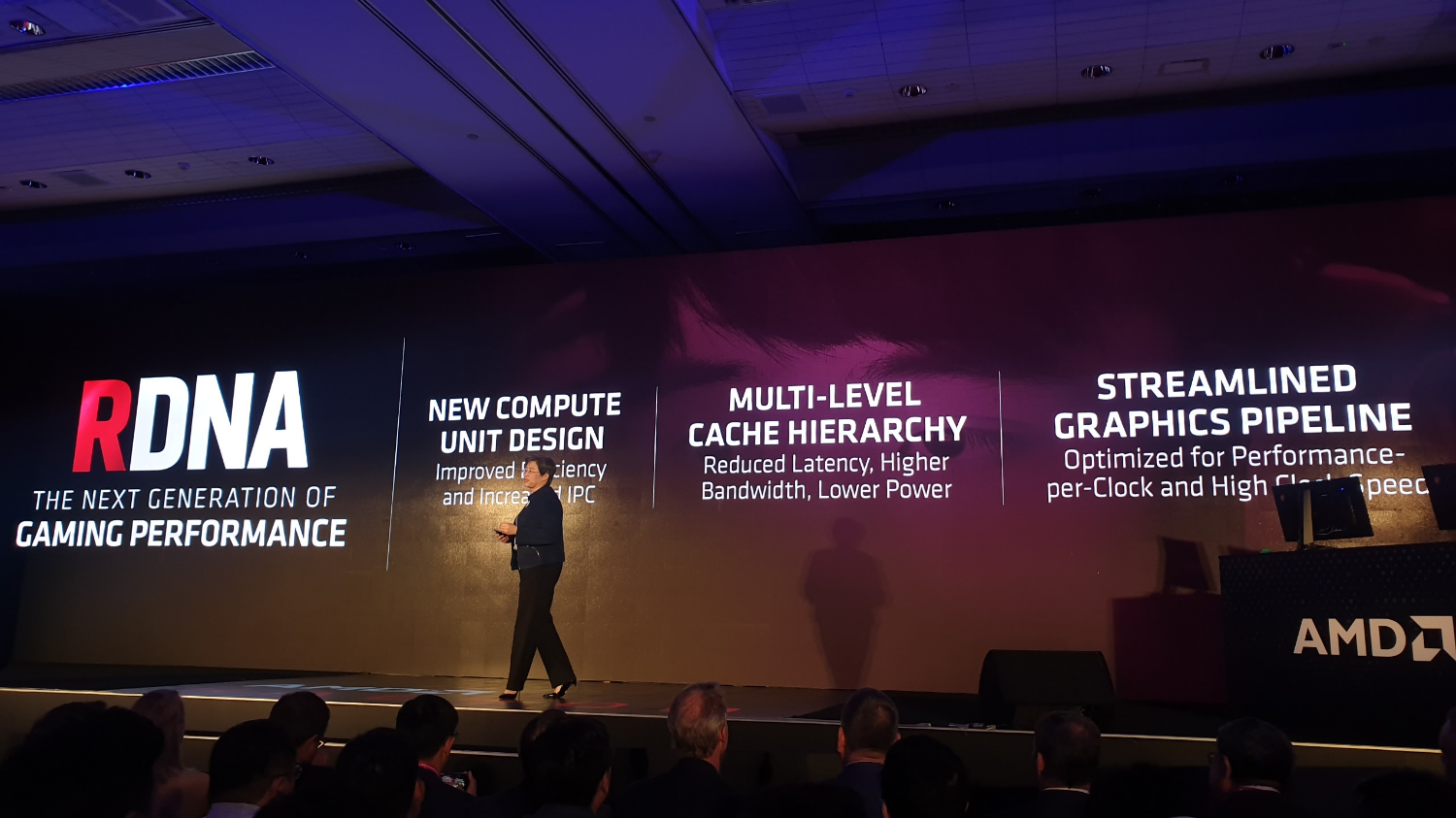Samsung to License AMD's RDNA Graphics IP for Smartphones
Today, AMD announced it would pursue a "multi-year strategic partnership" with Samsung. AMD will be licensing its newly announced RDNA architecture to Samsung in exchange for fees and royalties. The two companies said the partnership would emphasize mobile devices, primarily smartphones. AMD's CEO Dr. Lisa Su said: “this strategic partnership will extend the reach of our high-performance Radeon graphics into the mobile market, significantly expanding the Radeon user base and development ecosystem.”
AMD for many years has been focused on pushing Radeon graphics every way possible. AMD has struggled for dominance in PC graphics where its longtime rival Nvidia has found much success, so AMD adopted the semi-custom strategy in the early 2010s, where AMD would sell custom made compute and graphics products to partners. This materialized into products like the Xbox One and PS4.
While AMD's deal with Samsung is not technically semi-custom but an IP licensing agreement, it is still a similar concept. AMD is selling Samsung access to its graphical architecture like with semi-custom; the big difference is that Samsung themselves will be making the processors, unlike AMD with semi-custom products, since Samsung is also one of the world's leading foundry companies. Samsung will use AMD's RDNA IP for ultra-low power high-performance graphics.
The Samsung partnership is just another in a string of similar partnerships for AMD. Sony and Microsoft have been working with AMD for almost a decade, PlayRuyi in China ordered a custom Zen and Polaris APU for its console-PC hybrid, Intel even ordered a Vega-based GPU for its Kaby Lake G architecture, and most recently Google chose AMD's Vega graphics for the new Stadia game streaming service.
Though it may seem like AMD is struggling graphically based on its performance on the desktop, especially for gaming, AMD is actually doing very well in establishing these partnerships, whether it is selling custom GPUs to partners or just letting them design and make them as they want. It will be interesting to see the fruits of this partnership between Samsung and AMD, since this marks the first time in a long time that AMD has been used for mobile devices.
It's noteworthy that the agreement comes on the heels of several litigation actions from AMD involving ARM vendors violating its patents. In either case, the stock market is reacting positively on the news, with AMD jumping ~7% at the time of writing.
Get Tom's Hardware's best news and in-depth reviews, straight to your inbox.

Matthew Connatser is a freelancing writer for Tom's Hardware US. He writes articles about CPUs, GPUs, SSDs, and computers in general.
